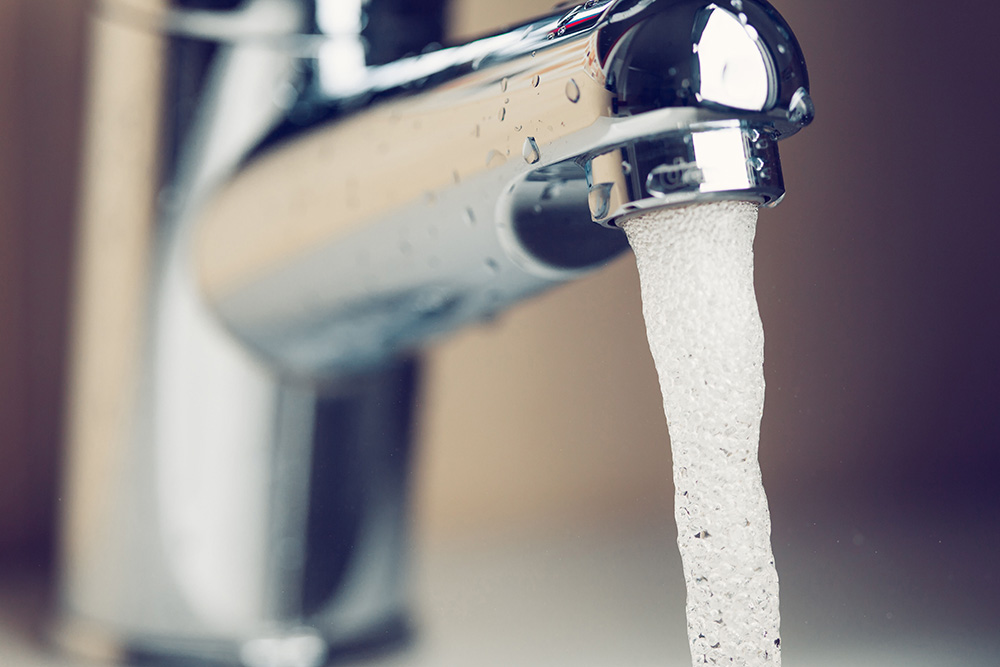
The Connecticut legislative session is in full swing and Clean Water Action has two priority bills to turn off the tap of PFAS chemicals in firefighting foam and in food packaging. PFAS chemicals in firefighting foam got a lot of media attention when 40,000 gallons of foam leaked from a private hangar at Bradley Airport into the Farmington River in June 2019. This tragic spill contaminated fish, the river, spilled into residents’ yards and is still impacting the town of Windsor to this day. Warnings on eating fish caught in the river remain and residents are worried about the upcoming, very popular Shad fishing season and the iconic Shad Derby.
Senate Bill (SB) 297 aims to address this. It restricts PFAS firefighting foam for training purposes, requires the state to set up a “take back” program and sets a date for banning the use of all PFAS firefighting foam—unless required by federal law. Currently, the federal Aviation Administration (FAA) and the U.S. Department of Defense (DOD) require the use of PFAS firefighting foam at commercial airports of a certain size. Bradley airport meets the size requirement and is therefore, required to keep this foam under federal law.
This federal standard is outdated and not consistent with that of other large, commercial airports and military bases around the world. Major airports in most other countries have switched to using fluorine-free foam and claim that it is just as effective. The U.S. should move in this direction and having states push for this helps. SB 297 will go a long way to reduce exposure to PFAS firefighting foam for firefighters and prevent contamination of the environment.
PFAS chemicals are also frequently used in food packaging! Food packaging is a significant source of human exposure as these chemicals leach into the food. Common sources of food packaging containing PFAS include molded fiber containers, take out containers, fast food wrappers, microwave popcorn and pizza boxes—to name a few. PFAS chemicals are effective at making food packaging grease resistant but personally, I’d rather have some grease on my clothes than ingest PFAS from my food!
Food packaging that contains PFAS are usually single-use containers so not only are they leaching toxic chemicals into our food, they are contaminating the environment when discarded. Because these chemicals don’t break down, they leach out of landfills or are dispersed from incinerator stacks to migrate out to contaminate soil and water sources across our state. House Bill (HB) 5291 restricts food packaging that contains PFAS and polystyrene.
PFAS chemicals have created a toxic and lasting legacy of pollution. We must take action to “turn off the tap” of these forever chemicals and we have an opportunity this session to do just that! Contact your legislators and urge them to co-sponsor and pass both SB 297 and HB 5291 today. Stay tuned and get involved. We are your organization—working to protect our waters, the environment and health. Thanks for being a part of this important fight.


